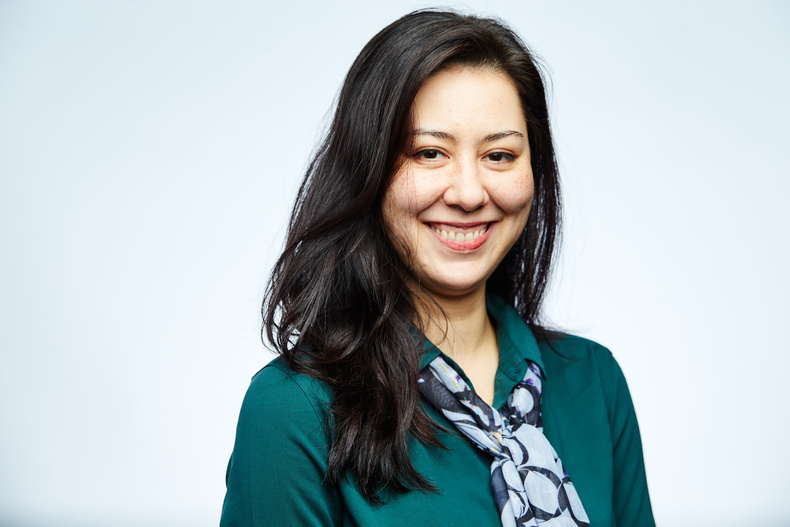University attracts globally renowned scientists to frequency comb tech workshop

Aston University has hosted some of the biggest names in optical frequency combs at a workshop to explore the future of frequency comb technology.
Aston Institute of Photonic Technologies (AIPT), one of the world’s leading photonics research centres, hosted its third international workshop “, in person at Aston University from 29 November to 1 December 2023, attracting world-leading reserchers and companies within the field.
The three-day event was held in person at the University from 29 November-1 December and brought together world-leading researchers and companies within the field.
Optical frequency combs, resembling a ruler of light with multifrequency lasers, have gained significant attention since Theodor W. Hänsch won a Nobel Prize for his work in the area in 2003.
The technology is increasing in popularity within both academic and industrial sectors.
Academics from America, Australiasia and Europe attended the event along with representatives from companies including Enlightra Lab, Lambda Photometrics, NKT Photonics, Pilot Photonics and Toptica.
Dr Gabriella Gardosi (pictured), chair of the workshop, said: “It is inspiring to see participants from around the world, travelling far to converge at AiPT.
“Over the three days we heard talks from world-leading researchers and companies whose contributions are shaping the future of frequency comb technology.
“Apart from the opportunity for collaborative learning and exchange I hope we have fostered connections that will endure beyond the workshop and ultimately push the frontiers of photonics”.
The three days were devoted to the rapidly developing field of optical frequency combs and included talks, equipment demonstrations, a lab tour, a poster session and two roundtable discussions.
The topics covered spanned the latest developments in innovative sources using lasers, waveguides and microresonators. Additionally, the workshop explored novel nonlinear dynamics effects in optical resonators, along with diverse applications of optical frequency combs in astronomy, quantum technologies, telecoms, and photonic computing.
Professor Kerry Vahala from California Institute of Technology, Professor Scott Diddams from NIST at the University of Colorado and assistant professor Kiyoul Yang from Harvard University were among the attendees from the United States.
In addition, Professor Harald Schwefel from University of Otago, New Zealand, Professor Arnan Mitchell from RMIT University, Australia, Professor Jérôme Faist from ETH Zürich, Switzerland, Professor. Alessia Pasquazi, Loughborough University and Prof Zhixin Liu from UCL in the UK attended.
The workshop was sponsored by Aston University Research Impact Fund, EPSRC project EP/W002868/1, TOPTICA Photonics and Lambda Photometrics.
